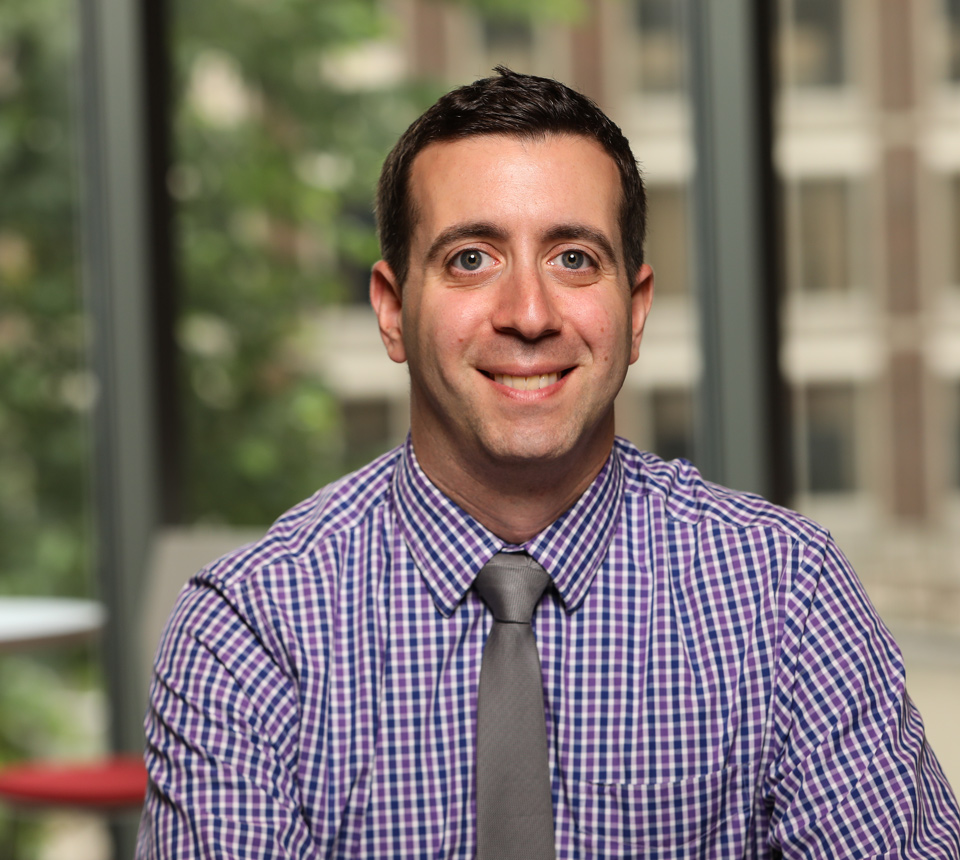Associate Program Director, Clinical Psychology
Education
- PhD, University of California, Los Angeles
- MA, University of California, Los Angeles
- BA, Washington University in St. Louis
Internship and Postdoctoral Fellowship
- Internship: Semel Neuropsychiatric Institute, University of California, Los Angeles
- Postdoctoral Fellowship: Department of Psychology and Judge Baker Children’s Center, Harvard University
Specialty Areas
Clinical child and adolescent psychology; treatment efficacy and effectiveness; psychosocial treatment process; child and adolescent psychopathology; personalizing treatment planning; shared decision-making
How do we help children and families when a child is anxious or depressed? More specifically, how do we identify which treatments are the most likely to be effective for anxiety, depression, or any other mental health issue (treatment effectiveness); figure out how those treatments work (treatment process); and adapt treatments to fit the needs, preferences, and values of individual families (treatment personalization)? My research, in collaboration with students and colleagues, explores the efficacy and effectiveness of psychosocial treatments for youth psychopathology and the processes through which psychosocial treatments work. With funding from the National Institute of Mental Health, I am currently developing novel approaches to personalize psychosocial treatments for youth by supporting active collaboration between clinicians and families throughout the treatment planning process (i.e., shared decision-making). Of the many practices and processes to investigate, focusing on treatment planning is highly promising because: 1) the treatment planning process is relevant across disorders and other presenting problems across the lifespan, and 2) improved treatment planning provides an opportunity, at the start of treatment, to address treatment-related issues which have been important to the field of clinical child and adolescent psychology for decades (e.g., utilization of evidence-based treatments, patient engagement in clinical services).
Publications
Langer, D. A., *Kritikos, T. K., Asarnow, J. R., & Tompson, M. C. (in press). Parent and youth preferences in the treatment of youth depression. Child Psychiatry & Human Development.
Tompson, M. C., Langer, D. A., & Asarnow, J. R. (in press). Development and efficacy of a family-focused treatment for depression in childhood. Journal of Affective Disorders.
Holly, L. E., Fenley, A. R., Kritikos, T. K., Merson, R. A., Abidin, R. R., & Langer, D. A. (2019). Evidence-base update for parenting stress measures in clinical samples. Journal of Clinical Child and Adolescent Psychology.
O’Connor, E. E, & Langer, D. A. (2019). I Heard it Through the Grapevine: Where and What Parents Learn about Youth Mental Health Treatments. Journal of Clinical Psychology, 75(4), 710-725.
Langer, D. A. & Jensen-Doss, A. (2018). Shared decision-making in youth mental health care: Using the evidence to plan treatments collaboratively. Journal of Clinical Child and Adolescent Psychology, 47(5), 821-831.
Tompson, M.C., Sugar, C. A., Langer, D. A., & Asarnow, J. R. (2017). A randomized clinical trial comparing family focused treatment and individual supportive therapy for depression in childhood and early adolescence. Journal of the American Academy of Child and Adolescent Psychiatry, 56(6), 515-523.
Langer, D. A., McLeod, B. D., & Weisz, J. R. (2011). Do treatment manuals undermine youth-therapist alliance in youth clinical practice? Journal of Consulting and Clinical Psychology, 79, 427-432.




